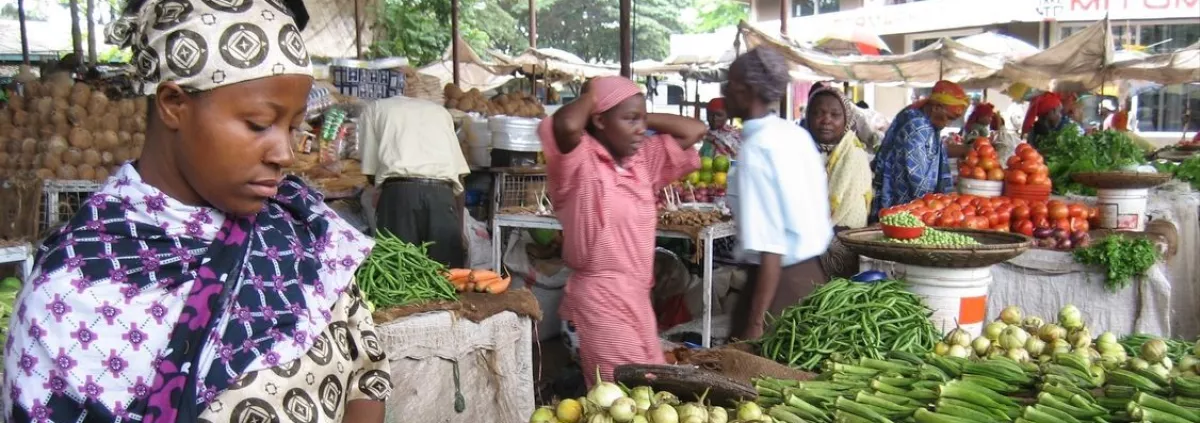Urban Food Security During Crisis
In the last three years, the world has faced over-stretching and devastating events including the Covid-19 pandemic, war and climate related events like drought and floods. These events have interfered with the business-as-usual food supply systems. The urban areas largely depend on the rural and peri-urban areas for the supply of food.
Several factors affect accessibility to food in the urban areas including but not limited to:
- Availability of/access to land or alternative medium for agricultural activities.
- Economic status; the over 50 per cent of the urban population living in the informal settlements often live hand to mouth and this limits their access to food let alone afford to have balanced diets.
- Knowledge required for basic food production.
- Legal framework governing food production in the urban areas.
- Availability of supporting services e.g water.
The insight session provided a platform for exchange on opportunities/ forms of urban agriculture that can be explored, and the enabling factors for urban dwellers to produce some of their foods. The input will included experts’ inputs from practice and research.
Presentations:
1. Post Covid-19 Opportunities for Growth, Regional Value Chains & Mediterranean Integration
Constantin Tsakas
Senior Programme Officer- Sustainable Development Policies CMS-UNOPS
2. An integrated food system approach to addressing food and nutrition insecurity in urban areas
Rebeccah Wanjiru
Urban Food System Expert
FAO
3. Improving food security: The importance of designing for urban agriculture
Katrin Bohn
Principal Lecturer & Researcher
School of Architecture, Technology & Engineering
University of Brighton
